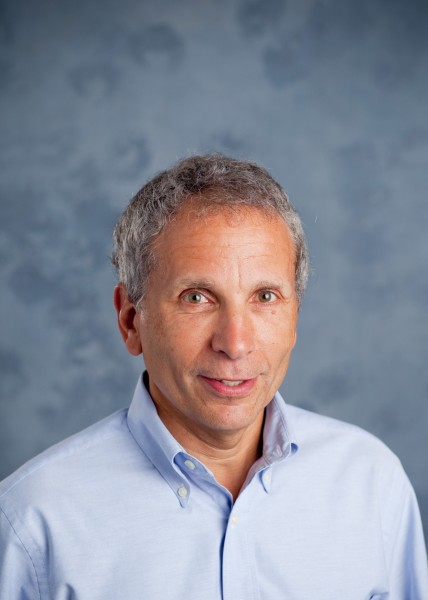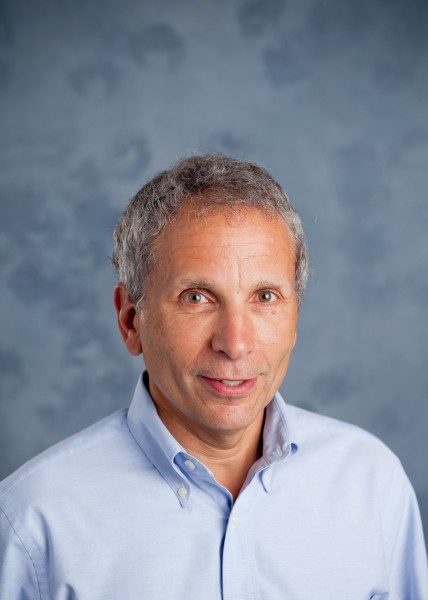
20 Jul To Your Health: Mask Myths
Part-time Telluride local Dr. Alan Safdi, a world-renowned internist and gastroenterologist with encyclopedic knowledge of mind-body wellness and preventative medicine, posts on Telluride Inside… and Out under the banner of “To Your Health.” His blogs feature the most current information in his field: health, wellness, and longevity. Which now has to mean Dr. Alan’s podcasts are all about what’s on everyone’s mind: COVID-19.
The links a few of Dr. Alan’s podcasts on COVID-19 are below.
This week, Dr. Alan debunks common mask myths.
Note: Tough as it is everyone does need to be paying attention to the new normal: the corona pandemic has a death rate about 49 times higher than that of the flu in the United States.

Myth: We didn’t need masks early in the pandemic, so we don’t need them now.
Fact: Very little data existed prior to COVID-19 to assess whether masks are useful to prevent community transmission of respiratory viruses. This, combined with the relatively low number of COVID-19 cases early on and concerns about potential global mask shortages, stopped U.S. health officials from recommending masks. Recently it has become clear that even asymptomatic people can transmit COVID-19 from speaking, coughing or sneezing. These individuals are highly likely to spread COVID-19 to others because they feel well and may not be limiting their actions in the community. All that led to public health officials strongly recommending masks to prevent COVID-19 spread from individuals who do not know they are infected.
Myth: No studies exist about the effectiveness of masks.
Fact: Several observational studies published since the COVID-19 pandemic began show emerging data that masks coupled with other distancing measures help to dramatically prevent the transmission of COVID-19.
Myth: Wearing a mask prevents oxygen from getting into the lungs.
Fact: Surgical masks and cloth face coverings allow some air to flow in and out of the lungs. They will not cause hypoxia (oxygen deprivation). Surgeons routinely wear masks for several hours during procedures without developing lung problems.
Myth: Masks trap in bacteria and fungus and make people more susceptible to bacterial or fungal pneumonia.
Fact: There is no data to support this statement. In fact, health care providers ask patients at high risk for fungal infections, such as oncology patients, to wear masks for protection. Meantime, it is important to wear your mask correctly (over the nose and mouth) and refrain from touching your face. Failure to follow these steps can promote the spread of viral infections.
Myth: Masks won’t keep me from getting sick.
Fact: Masks do help keep you from getting sick, but they are even more effective at preventing somebody else from getting sick. They inhibit some of an infected person’s droplets from spreading. This is especially important for people who either have no COVID-19 symptoms or have symptoms so mild that they don’t realize they are infected. Wearing a mask is a way to say, “I care about you,” to those around you. However, masks alone aren’t a complete savior. Social distancing and hand hygiene also play crucial roles in preventing the spread of COVID-19. Social distancing may need to be much further than 6 feet with bikers, runners, indoor activities with loud talking or singing, and areas with poor ventilation.
Myth: Masks weaken the immune system.
Fact: The immune system is exposed to germs all the time. Wearing a mask doesn’t prevent it from “remembering” all of those prior exposures and staying strong.
Myth: We don’t need masks. We need herd immunity.
Fact: Herd immunity works only if about 70 percent of the total population has COVID-19 from either a past infection or from a vaccine and the antibodies are durable and neutralizing. (We are not certain at this time that prior exposure results in durable antibodies.) Population-wide immunity to the novel coronavirus could be “unachievable” with antibodies to the virus disappearing after just a few weeks in some patients, according to a major new Spanish study. Getting to that 70 percent comes at a substantial cost: a catastrophic number of deaths due to COVID-19. That’s why it’s important to prevent the spread of COVID-19 whenever possible until effective treatments or an effective and a durable vaccine are found.
WMD-WASH, MASK, DISTANCE.
Dr. Alan on Covid-19, more podcasts:
Podcast 1: Proper hand-washing technique and more!
Podcast 2: Testing for Covid-19 and what are the differences and indications for each type of test?
Ways to boost your natural immunity during this pandemic.
A report on a rising “Danger to Kids.”
What to stockpile at home during the coronavirus outbreak.
Safe-distancing from runners and bikers.
Dr. Alan, more:

Dr. Alan Safdi is board-certified in Internal Medicine and in Gastroenterology and is a Fellow of the American College of Gastroenterology. A proven leader in the healthcare arena, he has been featured on the national program, “Medical Crossfire” and authored or co-authored numerous medical articles and abstracts. Safdi has been involved in grant-based and clinical research for four decades and is passionate about disease prevention and wellness, not just fixing what has gone wrong. He is an international lecturer on the subjects of wellness, nutrition and gastroenterology.


Pingback:Covid-19 & Aerosol | Telluride Inside... and Out
Posted at 18:11h, 27 July[…] Mask Myths […]
Pingback:Uncounted Covid-19 deaths+ | Telluride Inside... and Out
Posted at 17:05h, 04 August[…] Mask Myths […]